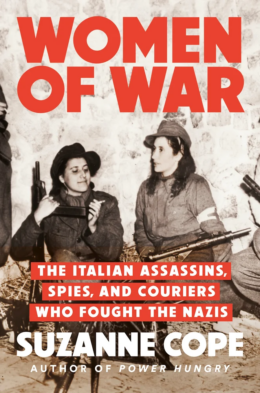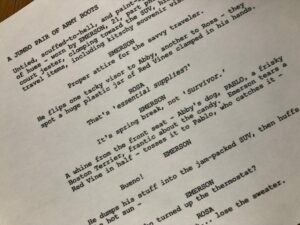Behind Enemy Lines: The Untold Stories of Italy’s Female Warriors Who Sabotaged the Nazis
SC: Finding power in the very ways that you’re oppressed.
HMM: Exactly. In thinking about the lives that these women lived after the war, what do you think their legacy was? What can we learn from them and their work?
SC: We would call them feminists today. I don’t know if all four would have used that exact term, but they all really fought for women’s rights. I believe this was a direct result of their agency during the war and the political education they received, which taught them that women can organize, women can have a political voice, women should have all of these rights. I believe that that is a direct result of the war. The war amplified and sped things up. The war really taught a whole generation of organizers and this political agency was so profound in such a relatively short amount of time. They went from feeling almost no political agency to less than two years later imagining this future where they can be leaders in this realm. I think we can all learn from that: this is the power of organizing, this is the power of finding your own agency. When they understood what they were capable of, the difference between women’s lives, and everyone’s lives, under Mussolini, and life a couple years later, was really vast.













